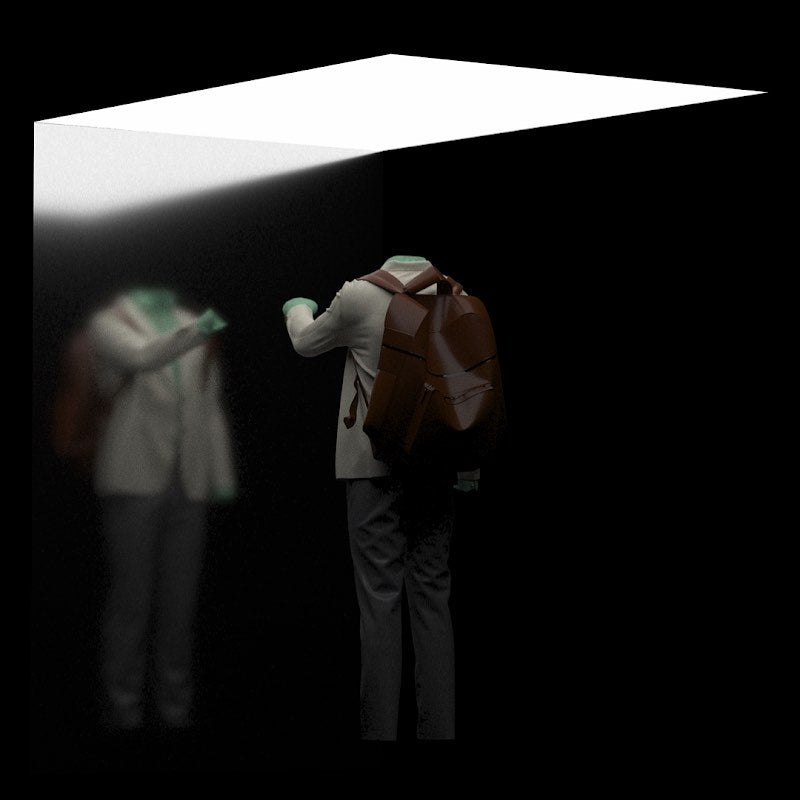
Fashion Technology and E-commerce: Shaping Careers in the Fashion Industry
The fashion industry has always been synonymous with glamour and creativity. However, in recent years, there has been a transformative shift within the industry, driven by technological advancements and the rise of e-commerce. This evolution has not only revolutionized the way we consume fashion but has also opened up exciting career opportunities for individuals interested in the intersection of fashion, technology, and e-commerce. In this article, we explore the market insights, industry news, and emerging careers in fashion technology and e-commerce.
The Rise of Fashion Technology
Fashion technology, also known as "fashion tech," refers to the use of technology to enhance various aspects of the fashion industry. From design and production to marketing and retail, fashion tech has permeated every stage of the fashion value chain.
One of the most significant advancements in fashion technology is the integration of artificial intelligence (AI) and machine learning. AI-powered algorithms can analyze vast amounts of data, providing insights into consumer preferences, trends, and forecasting. This enables fashion brands to make data-driven decisions regarding product development, inventory management, and personalized marketing campaigns.
Virtual reality (VR) and augmented reality (AR) have also emerged as game-changers in the fashion industry. VR allows consumers to experience virtual fashion shows and immersive shopping experiences, while AR enables them to try on clothes virtually before making a purchase, eliminating the need for physical fitting rooms.
E-commerce and the Fashion Industry
The advent of e-commerce has fundamentally transformed the way fashion is bought and sold. Online shopping has become increasingly popular, providing consumers with convenience, a wide range of options, and the ability to shop from anywhere at any time. According to industry reports, global online fashion sales are projected to reach $1 trillion by 2025.
E-commerce platforms and marketplaces have given rise to direct-to-consumer (D2C) brands, which can bypass traditional retail channels and sell directly to customers. These brands often leverage social media and digital marketing to reach their target audience, creating a direct and personalized connection.
Furthermore, sustainable and ethical fashion has gained significant traction in the e-commerce space. Consumers are now more conscious of the environmental and social impact of their fashion choices, leading to the rise of eco-friendly and socially responsible fashion brands. E-commerce platforms have provided a platform for these brands to reach a wider audience and promote sustainable practices.
Emerging Careers in Fashion Technology and E-commerce
The convergence of fashion, technology, and e-commerce has created a wealth of exciting career opportunities. Here are a few emerging roles in this evolving landscape:
-
Fashion Technologist: Fashion technologists bridge the gap between fashion design and technology. They collaborate with designers, engineers, and data analysts to develop innovative products and systems, such as smart textiles, wearable technology, and sustainable manufacturing processes.
-
Data Analyst: Data analysts play a crucial role in the fashion industry, helping brands understand consumer behavior, market trends, and sales patterns. They analyze large datasets to derive actionable insights that inform decision-making and optimize marketing strategies.
-
E-commerce Manager: E-commerce managers oversee online sales platforms, ensuring smooth operations, managing inventory, and optimizing user experience. They are responsible for driving online sales growth, implementing digital marketing campaigns, and analyzing website analytics.
-
Digital Marketer: Digital marketers leverage online platforms, social media, and content marketing to promote fashion brands and drive customer engagement. They develop digital strategies, manage social media campaigns, and analyze marketing performance metrics.
-
Virtual Reality Designer: Virtual reality designers create immersive virtual experiences for fashion brands, including virtual fashion shows, interactive lookbooks, and virtual showrooms. They combine design skills with technical expertise to create captivating virtual environments.
Conclusion
The fusion of fashion, technology, and e-commerce has ushered in a new era for the fashion industry. As fashion tech continues to evolve, it presents exciting opportunities for individuals passionate about both fashion and technology. Whether it's designing smart textiles, analyzing consumer data, managing e-commerce platforms, or creating virtual experiences, the career prospects in fashion technology and e-commerce are diverse and promising. Aspiring professionals can harness these advancements to shape the future of fashion and contribute to an industry that is continually evolving in the digital age.